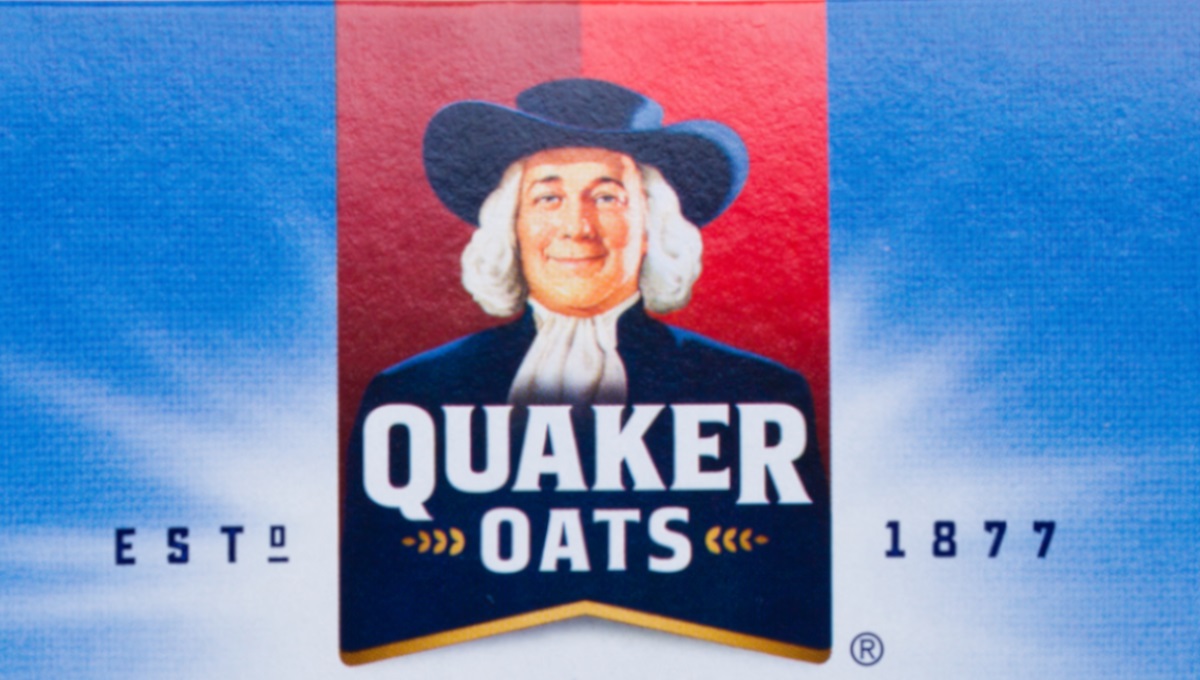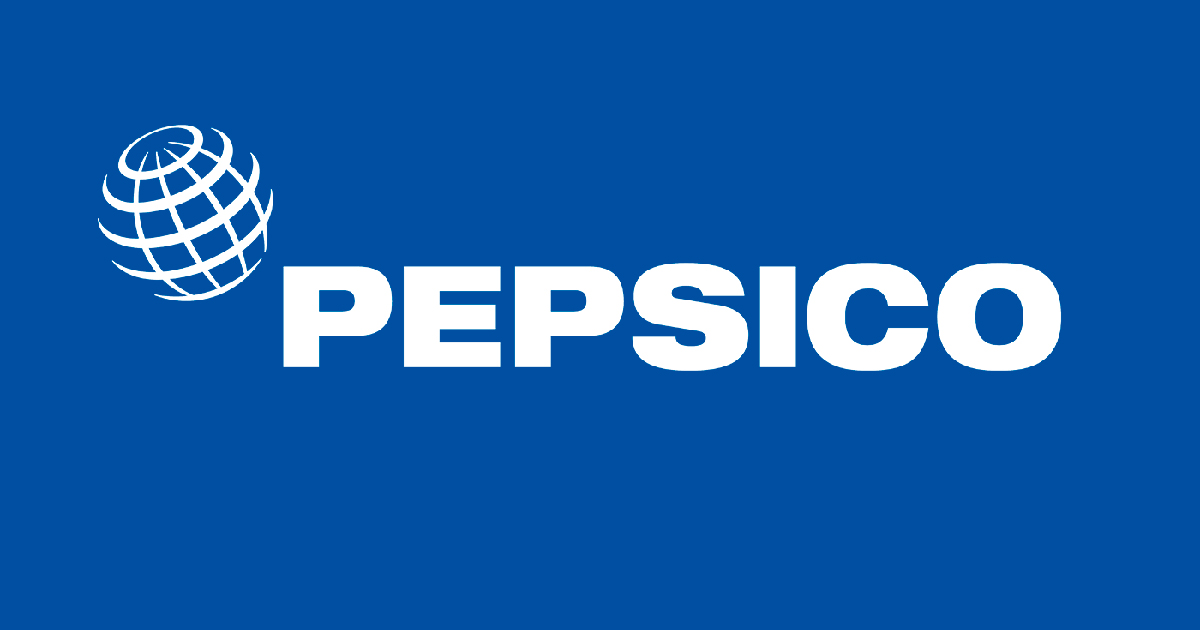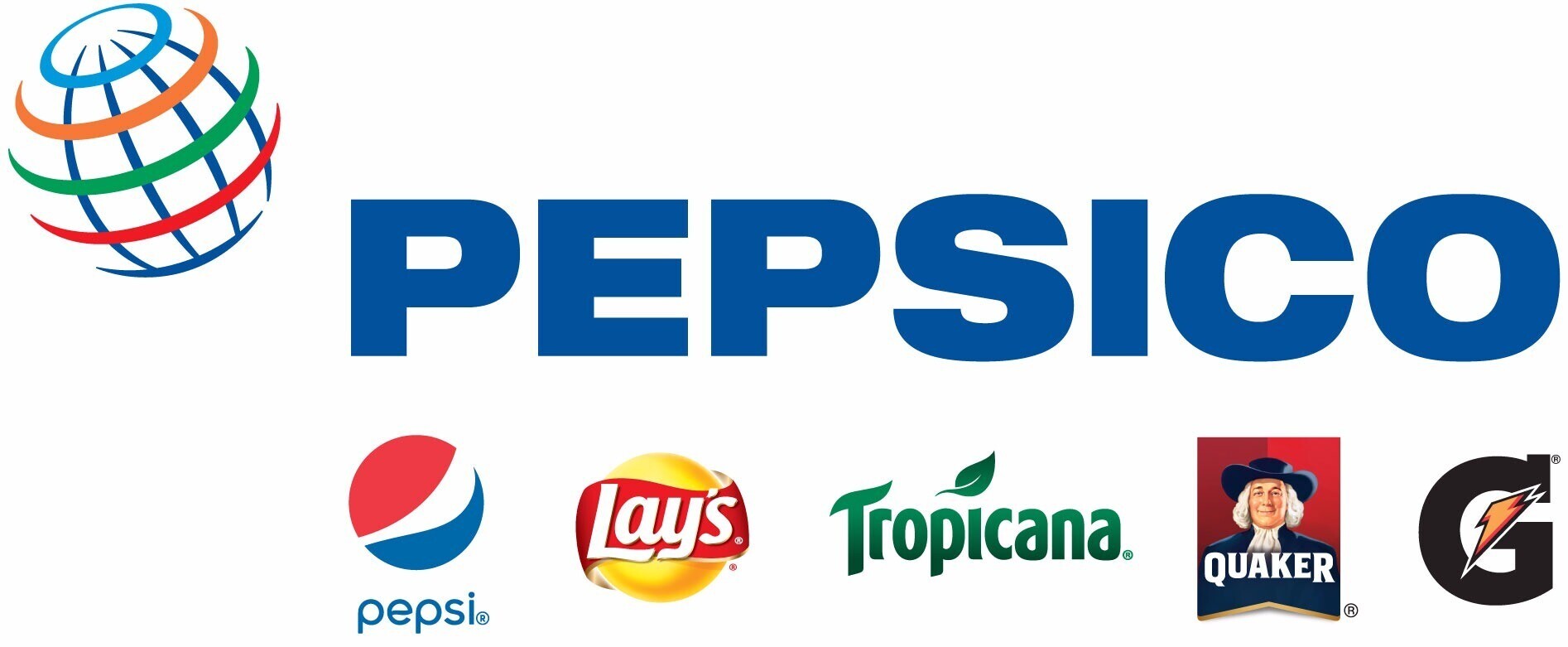On Tuesday, PepsiCo announced quarterly earnings and revenue that surpassed analysts’ predictions, despite encountering reduced U.S. demand due to Quaker Oats recalls and pushback against increased prices for its beverages and snacks.
Although the company’s shares experienced a decline of more than 2% in morning trading, its financial performance exceeded expectations.
Here’s a comparison of what the company reported with what Wall Street had anticipated, based on an analyst survey by LSEG:
- Earnings per share: Adjusted at $1.61 versus an expected $1.52
- Revenue: $18.25 billion compared to the expected $18.07 billion
Pepsi recorded first-quarter net income attributable to the company of $2.04 billion, or $1.48 per share, up from $1.93 billion, or $1.40 per share, in the previous year. Excluding certain items, Pepsi achieved earnings of $1.61 per share.
Net sales experienced a 2.3% increase to $18.25 billion. The company’s organic revenue, which excludes acquisitions, divestitures, and foreign exchange impacts, grew by 2.7% during the quarter.

However, Pepsi continues to face pressure on its volume. Alongside many of its competitors, Pepsi has observed a decline in volume due to higher prices for products like Gatorade, Fritos, and others within its portfolio.
The company’s food division witnessed a 0.5% decrease in volume, while its beverage segment reported flat volume, indicating demand after excluding pricing and currency fluctuations.
The recall of several Quaker Foods cereals and bars exacerbated Pepsi’s volume challenges. Initiated in December due to potential salmonella contamination and expanded in January, the recall led to a 22% volume drop in the North American Quaker Food division. The recall impacted Pepsi’s organic volume by approximately 1%.
Pepsi will officially shut down a Quaker Oats plant linked to the recalls in June, although production has already ceased. The company has resumed limited production of certain affected products.
Other North American divisions of Pepsi also reported diminished volume. Beverage unit volume fell by 5% in the quarter, while Frito-Lay North America saw a 2% decline in volume. Frito-Lay North America’s effective net pricing rose by 3% in the quarter, while Pepsi’s domestic beverages unit witnessed a 6% price increase.

During the conference call with analysts, Pepsi CEO Ramon Laguarta noted that lower-income consumers in the U.S. are still budget-conscious. Pepsi aims to retain these consumers, particularly for snack products like Cheetos.
Outside of the U.S., demand remained robust. The Asia-Pacific, Australia, New Zealand, and China region reported a 12% increase in snack volume.
Although Chinese consumers are cautious with spending, they continue to purchase more Pepsi products. Even in Europe, where grocery prices are higher, beverage volume rose by 7%, and snack volume increased by 2%.
Pepsi also reaffirmed its 2024 outlook, expecting organic revenue to grow by at least 4% for the full year, and core constant currency earnings per share to increase by at least 8%.
“As we look ahead, we continue to expect a normalization and moderation in category growth rates versus the last few years,” Pepsi executives stated.
“We also continue to expect that consumers will remain watchful with their budgets and choiceful with their purchases.”







Leave a Reply